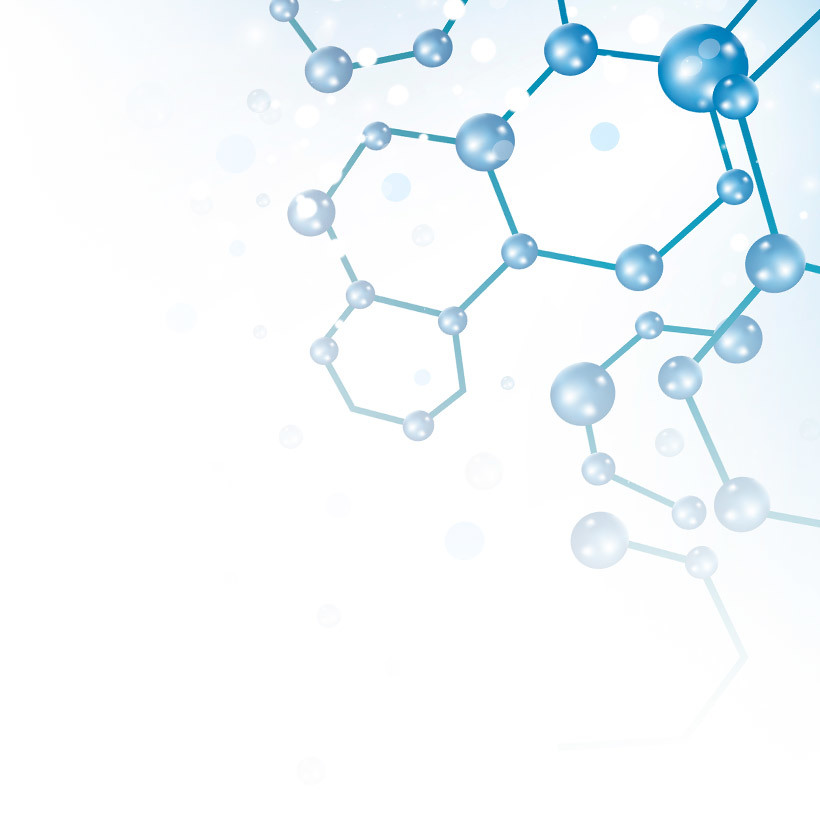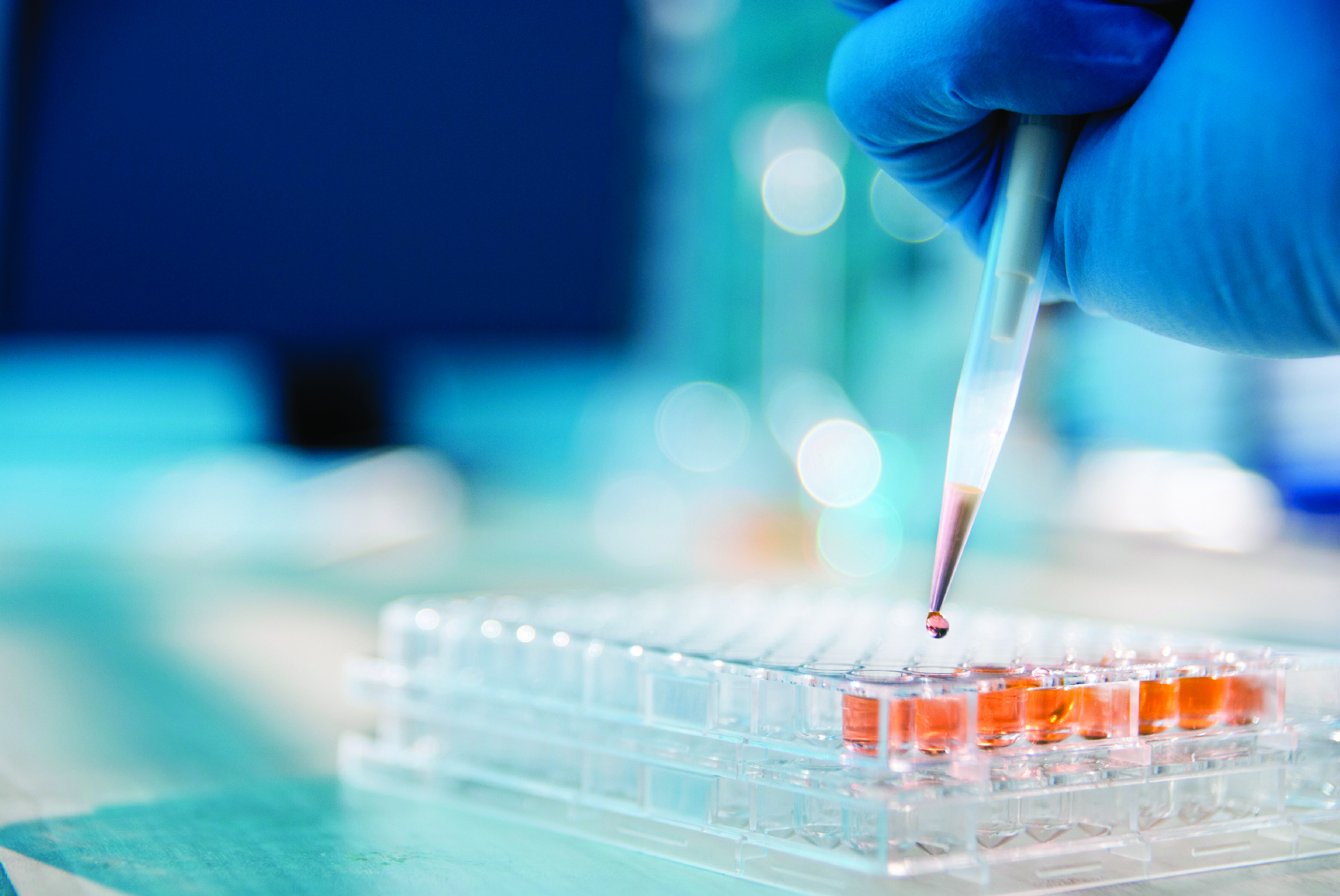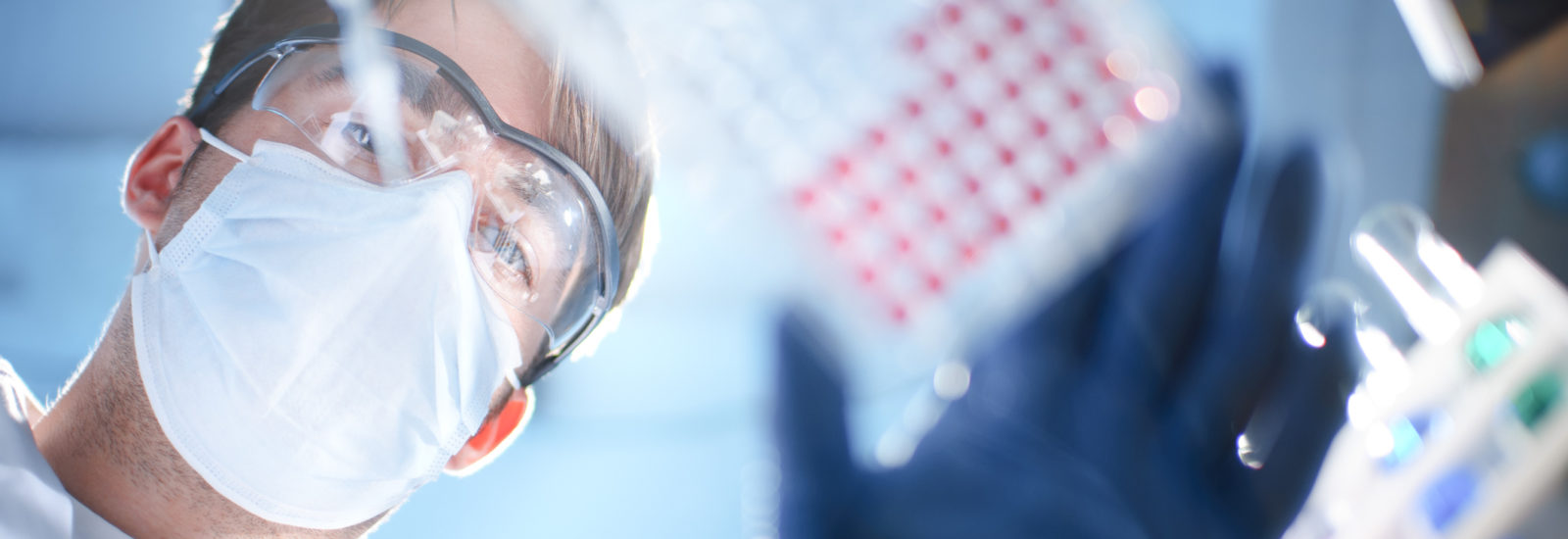

Highlights from the 2021 Marbach Drug-Drug Interaction Workshop
- Drug Drug Interactions (DDI)
- January 11, 2022
- Darina Hynes
Reflecting on the virtual conferences in 2021, I would like to look back at some of the highlights from the Marbach Castle Drug-Drug Interaction (DDI) Workshop. The workshop series is a non-profit program to exchange knowledge on DDIs between pharmaceutical industry and academic scientists and regulatory authorities that is normally held at the Marbach Castle Conference Centre at Lake Constance, Germany. However, in light of the pandemic, virtual attendance for the 2021 workshop was also available through a hybrid event environment.
The plenary lecture this year showcased the philosophy of DDIs and making decisions in the presence of uncertainty, which was very appropriate for the era of COVID-19! Adverse drug interactions are still very hard to predict and were referred to as HILP (High Impact Low Probability) events. There were also a number of new and emerging themes, including food-drug interactions, “liquid biopsy” and herbal-drug interactions.
Under the theme of food-drug interactions, it was discussed that mass spectrometry is still the gold standard for generating quantitative data. Bioequivalent studies are performed under fasting and fed state conditions and decision trees are being developed for food-drug interactions.
Liquid biopsy is less invasive than tissue biopsy to diagnose or monitor a tumor or treatment response. There are many applications in diagnostics for oncology (cerebrospinal fluid, saliva, pleural effusion, blood, ascetic fluid, urine and semen). An important note is that it is critical to account for “shedding.”
For the topic of herbal DDIs, St. John’s Wort is still the most investigated herbal treatment. Goldenseal is also being investigated, which is an herb available in teas, extracts and capsules that is used for upper respiratory and digestive indications. An interesting question was raised: Whose responsibility is it to do DDI testing of herbal products? Academia, pharma or herbal companies? An audience member responded: I think it is up to companies selling herbal products to prove that they are actually effective and do not cause any DDIs. Ultimately it is up to governments to make legislation.
Finally, there was a lively debate on Amin Rostami-Hodjegan’s paper: Opening a debate on open-source modeling tools: Pouring fuel on fire versus extinguishing the flare of a healthy debate. I really liked Amin’s analogy “that can be drawn between Modelling and Simulation (M&S) and automobiles: typical drivers of ordinary cars use them for daily tasks, such as going from point A to B whereas specialized Formula 1 drivers using bespoke individually made cars to test the latest technologies. The reliability and robustness of ordinary cars for the first group requires elements related to quality and endurance that are very different from those applicable to any Formula 1 car supported by a large team of engineers”.
Of these various themes, what if any resonate for you in 2022?
About the Authors
Related Posts
Subscribe to our Newsletter
Stay up to date with our news, events and research

Do you have a question or a request for upcoming blog content?
We love to get your feedback
